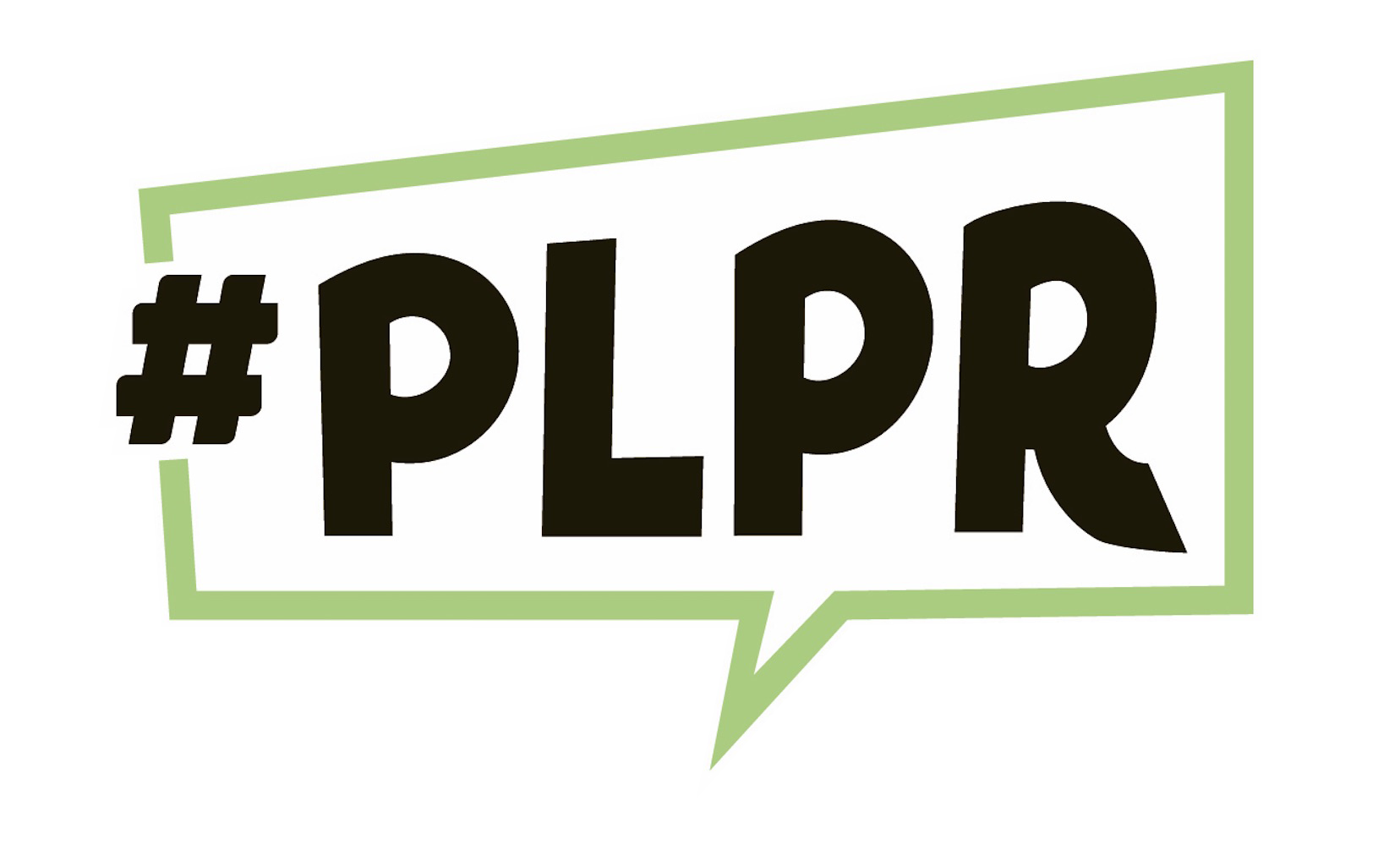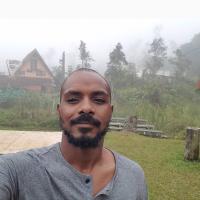II. Papá no vuelve a casa
Siete de la mañana. Otro día luego de la oscuridad. El sonido de los carros ahoga el canto de los pocos pájaros que quedan en el barrio; apenas es un alarido cansado, el eco de un grito que parece más lejos. La resolana invade el cuarto con un resplandor hostil y el calor de la noche pegó mi cuerpo a la sábana. Siento la gravedad de la noche aplastándome el pecho. El nudo en el estómago. Me pongo de pie con dificultad. Los huesos de mamá también crujían al levantarse. Escucho toda mi anatomía quebrarse al estirarme. Mi quejido apenas se escucha. El polvo estacionado en los rayos de luz. La ventana da al balcón. Desde aquí, la ciudad parece una foto vieja color sepia. El barrio se desvanece con cada amanecer; como si la foto fuera poniéndose vieja con el tiempo.
Canales Dalmau, Francisco Felix. "Papá no nueve a casa". Proyecto de la literatura puertoriqueña/Puerto Rican Literature Project, 2024.
Derechos: Francisco Canales FelixDad is not coming back home (trans.)
Seven in the morning. Another day after the darkness. The sound of cars drowns out the song of the few birds that remain in the neighborhood; it’s only a tired shriek, the echo of a cry that seems farther away. The glare invades the room with a hostile light and the heat of the night stuck my body to the bed sheet. I feel the gravity of night crushing my chest. The knot in my stomach. I stand up with difficulty. Mom’s bones also creaked when she got up. I hear all my anatomy cracking as I stretch. My moan is barely audible. The dust suspended in the rays of light. The window looks out onto the balcony. From here, the city looks like an old, sepia-colored photo. The neighborhood fades away every morning; as if the photo were growing older with time.
Translator's note
The aspect of Félix’s writing that I found hardest to translate is the author’s poetic use of language as a way of giving texture to the prose poem’s play with light and shadows. Especially challenging was the word estacionado in the phrase “El polvo estacionado en los rayos de luz.” Because estacionado is literally “stationed,” I thought of using something like the word “stationary,” but the idea of stationary dust (“polvo”) sounded strange, so I settled for “the dust suspended,” which seemed to me truer to the poetic elegance of the original. Nonetheless, a lot is lost in the translation, including the fact that estacionado also means “parked,” as in a parked car, an important resonance given that Félix’s poem is set in an urban neighborhood (the untranslatable term “barrio,” which in Puerto Rico is often used to refer to older or less affluent neighborhoods). Such nuances and shadows of meaning are key to the way in which Félix (who is also a creative-nonfiction writer) uses the prose poem to bridge the intimacy and psychological interiority of a lyric poem and the matter-of-factness of a journal entry.
Canales Dalmau, Francisco Felix. "Papá no nueve a casa". Proyecto de la literatura puertoriqueña/Puerto Rican Literature Project, 2024.
Derechos: Francisco Canales Felix
